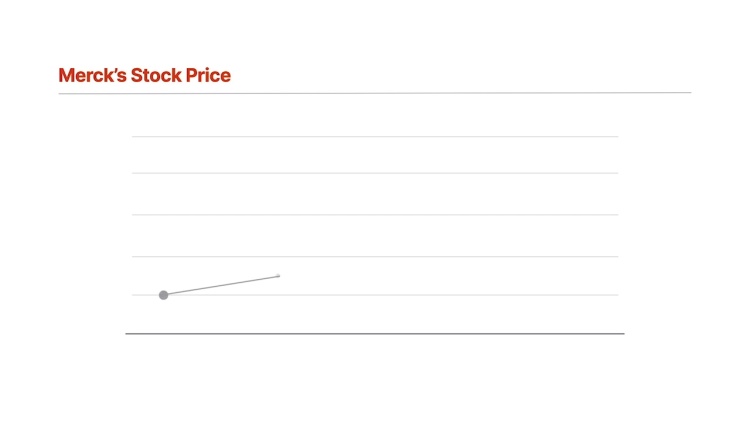In re Merck & Co., Inc. Securities Litigation
United States Court of Appeals for the Third Circuit
432 F.3d 261 (2005)

- Written by Sean Carroll, JD
Facts
In January 2002, Merck & Company, Inc. (Merck) (defendant) announced a planned initial public offering (IPO) of its subsidiary, pharmacy benefits manager Medco Health Solutions, Inc. (Medco). Medco recognized customers’ co-payments as revenue. Merck did not initially disclose this revenue recognition on its SEC Form 10-K. On April 17, 2002, Merck did disclose the revenue recognition but not the total amount of co-payments it recognized. After this filing, Merck’s stock price rose from $55.02 to $55.05 and its stock continued to rise for the next five days. On June 21, 2002, The Wall Street Journal published an article reporting its estimate of the dollar amount of co-payments Medco had recognized. Right after the article was published, Merck’s stock fell from $52.20 to $49.98. On July 5, 2002, Merck finally disclosed the full amount of co-payment revenue it recognized. Merck eventually cancelled the IPO. Union Investments Privatfonds GmbH (Union) (plaintiff) brought a securities fraud suit on behalf of Merck stockholders, claiming a violation of section 10(b) of the Securities Act of 1934. Merck filed a motion to dismiss on the ground that Merck’s disclosure or omission was not material. The district court granted Merck’s motion. Union appealed.
Rule of Law
Issue
Holding and Reasoning (Ambro, J.)
What to do next…
Here's why 907,000 law students have relied on our case briefs:
- Written by law professors and practitioners, not other law students. 47,100 briefs, keyed to 996 casebooks. Top-notch customer support.
- The right amount of information, includes the facts, issues, rule of law, holding and reasoning, and any concurrences and dissents.
- Access in your classes, works on your mobile and tablet. Massive library of related video lessons and high quality multiple-choice questions.
- Easy to use, uniform format for every case brief. Written in plain English, not in legalese. Our briefs summarize and simplify; they don’t just repeat the court’s language.





